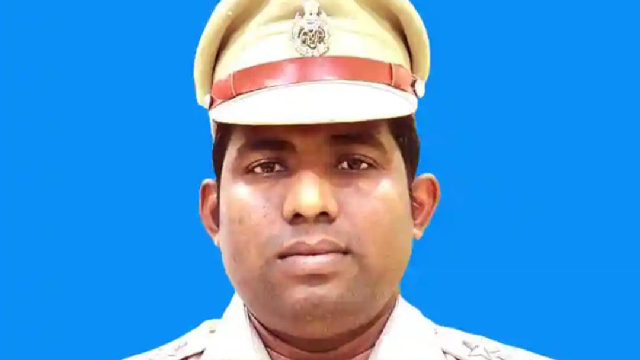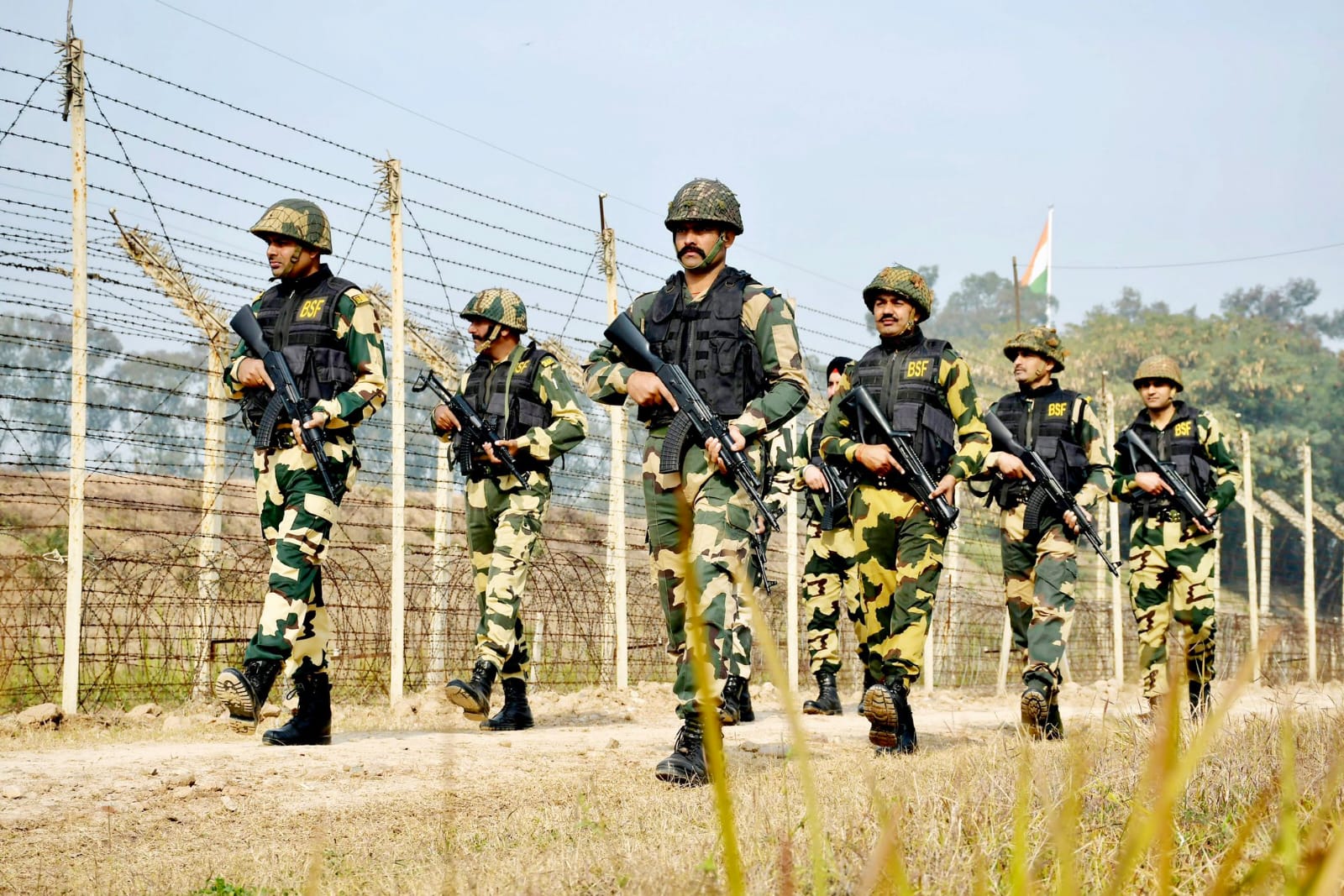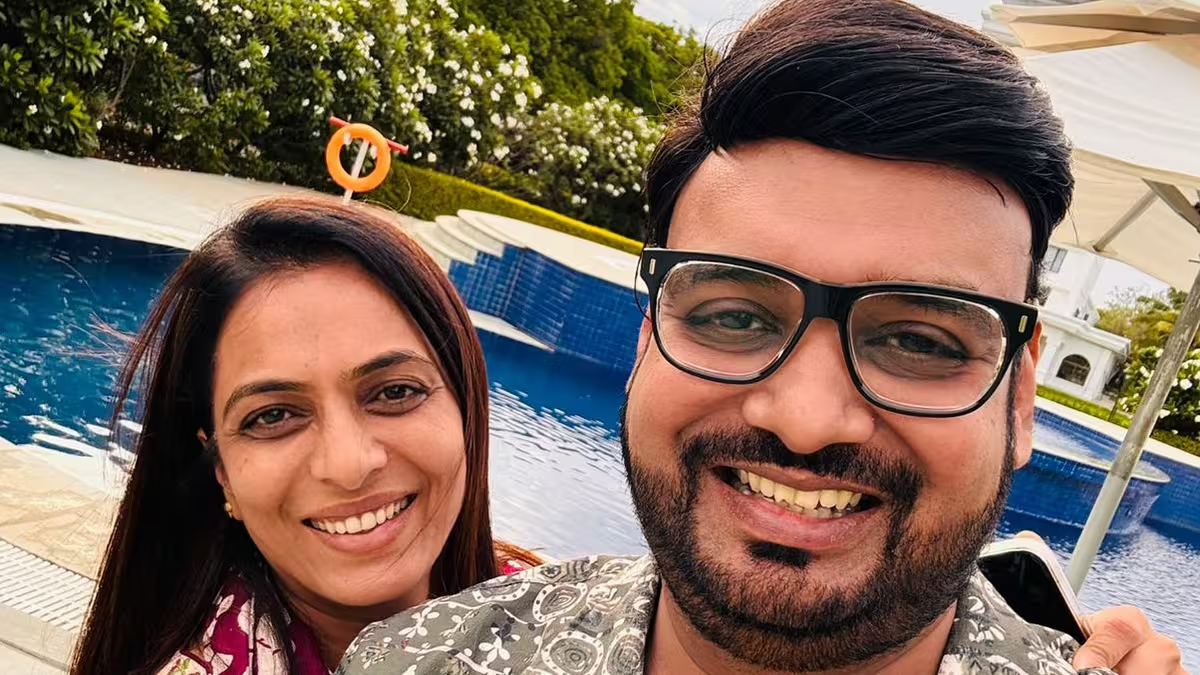Now Reading: UP Cop’s Wife Dies by Suicide, Instagram Video Alleges Harassment by In-Laws
-
01
UP Cop’s Wife Dies by Suicide, Instagram Video Alleges Harassment by In-Laws
UP Cop’s Wife Dies by Suicide, Instagram Video Alleges Harassment by In-Laws

A 24-year-old woman, married to a police constable, died by suicide in Uttar Pradesh’s Unnao district after posting a video on Instagram in which she accused her in-laws of mental harassment. The incident has triggered public outrage and raised serious questions about domestic abuse within police families—where one would expect better protection and accountability.
Police have launched an inquiry, and legal action is underway based on the woman’s dying statement.
What Happened
The woman, identified as Muskaan, was found hanging in her in-laws’ home. Minutes before her death, she uploaded a video to Instagram where she spoke emotionally about the continuous harassment she faced from her husband and his family. In the video, she expressed feeling trapped and unsupported, indirectly holding her husband and in-laws responsible for her decision.
She had married the constable, who is posted in Sultanpur, a little over a year ago.
The Allegations
Muskaan claimed that ever since the marriage, she had been facing pressure and taunts from her in-laws. She said her husband often ignored her concerns and sided with his family. Her video suggested that there were repeated fights and no one in the family took her seriously when she tried to speak up about the mistreatment.
Her family alleges dowry-related harassment and have submitted a formal complaint to the local police.
Police Action and Investigation
Authorities have confirmed that an FIR has been registered against the constable, his mother, and other family members under sections related to dowry harassment and abetment to suicide. For now, no arrests have been made, but investigations are ongoing. The forensic team has seized the woman’s phone, which reportedly contains further audio and text evidence.
The local SP has stated that strict action will be taken if the charges are proven.
Larger Issue at Hand
Cases like this highlight a troubling pattern where women, even those married into police or official families, feel helpless when it comes to seeking justice at home. For Tier 2 cities like Unnao, where community and family reputation often take precedence, many women continue to suffer silently.
Despite legal provisions like Section 498A of the IPC and helplines meant for domestic abuse survivors, enforcement often falls short—especially when the accused belong to powerful or uniformed families.
Conclusion
Muskaan’s death is another reminder of the urgency to address domestic abuse more seriously—irrespective of the family’s social or professional background. Her Instagram video is now being seen not just as a final message, but a plea for accountability. Whether the justice system listens and acts swiftly remains to be seen.

























